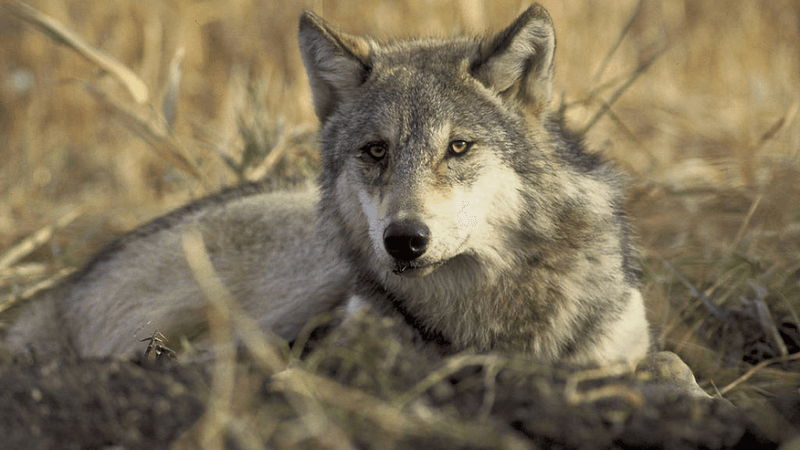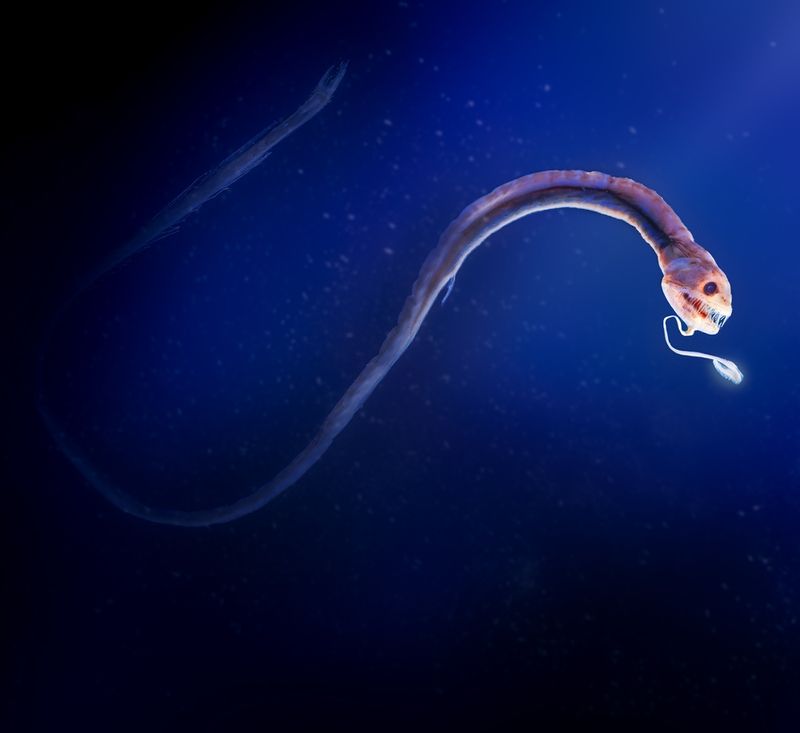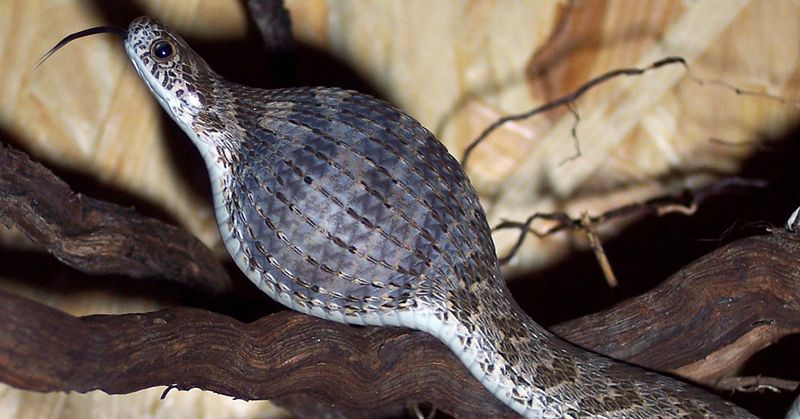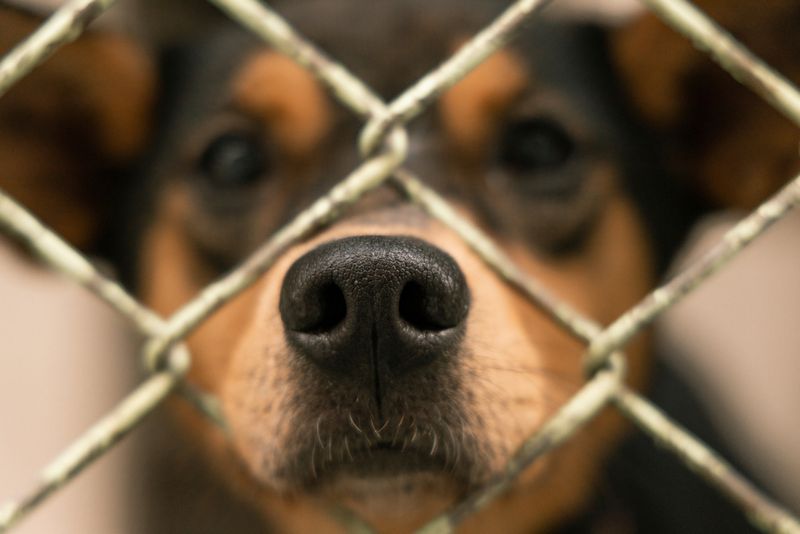Staring down the toothy jaws of a wolf, you might not imagine it’s an animal that needs the help of us bald apes to get by – but across the world, we’ve seen that predator populations are declining. Protecting these species isn’t just crucial for their own survival, but also for the continued healthy function of ecosystems, as new research has pinpointed the irreplaceable role they play.
The study was inspired by how wolves alter wetlands by killing beavers, co-author Tom Gable explained to IFLScience. Gable is a postdoctoral researcher in the College of Food, Agricultural and Natural Resource Sciences, and project lead for Voyageurs Wolf Project, and says the paper isn’t just about wolves, but rather “a large synthesis on the ecological role of predators in myriad ecosystems across the world.”
It reveals how predators create “ecological hotspots” that support a diverse range of plants and animals across the world, both directly and indirectly. At a time when rewilding is high on the agenda, it's a good reminder that if we want to encourage biodiversity, we need to consider both ends of the food chain.
We caught up with lead author of the study Sean Johnson-Bice, a PhD candidate at the University of Manitoba, to find out more about the many ways predators influence ecosystems, and why humans alone could never replicate the work they do.
How can predators benefit other species in an ecosystem?
Predators are able to provide numerous benefits to other species through a variety of mechanisms. Our work shows that there are two unique pathways by which predators directly benefit other species.
The first pathway is by creating carcasses in ecosystems by killing prey. The carcasses that predators generate can provide important food for scavenger species like vultures, ravens, and even other predators. What is not eaten by vertebrate scavengers can be readily used by the decomposers like beetles and flies. Eventually, the remaining nutrients from these carcasses can be taken up by nearby plants and fungi, ultimately boosting their nutrient content.
In a similar manner, predators also concentrate important nutrients like nitrogen and phosphorous into concentrated locations like dens and nests (home sites). When predators like foxes and eagles are raising young, they bring food back to their offspring, and these nutrients accumulate in and around their homes to the benefit of nearby plants. In each of these pathways, the benefits from predator activity is highly concentrated into a small location, which we refer to as an "ecological hotspot”.
How is this changing our knowledge of predators’ influence on plant species?
Traditionally, predators have largely been thought to impact plants when they are able to reduce the number of their prey through predation, or change the behavior of their prey by instilling fear. By reducing the abundance or changing the behavior of their prey, predators indirectly affect how prey, in turn, affect plants—a process commonly referred to as “trophic cascades”. In other words, predators have a cascading effect on plants through their effects on prey. But our work shows that there are a variety of other ways predators can actually affect plants that do not rely on changes to prey populations.
Why is it important to recognize these benefits and influences?
Predator populations are declining globally through a variety of stressors such as climate change, habitat destruction, human encroachment, and poaching. In order to better manage and conserve predator populations now and in the future, it is important to understand the full spectrum of ways that predators impact ecosystems.
In most conservation and management plans, the justification for reintroducing or conserving predators is linked directly to their unique role in altering prey behavior and abundance. However, our work demonstrates that there is a whole other suite of ways that predators play an irreplaceable role within ecosystems that do not rely on them altering prey populations. Rather, predators have innate value to ecosystems through their unique ability to create ecological hotspots. Recognizing that predators have these other unique effects on ecosystems helps form another line of reasoning for why it is important to continue managing and preserving predators in perpetuity.
What do you hope people will take away from this study?
We hope that people will better recognize the complex and nuanced roles predators play in ecosystems. As humans, we often like to think that we have the ability to mimic the ecological roles of predators.
For example, to control overabundant prey species (like deer or elk) we turn to human hunting/harvest as a tool to control their population(s) -- a role that predators typically occupy within ecosystems. But the reality is that controlling prey abundance is just one aspect of the importance of predators to ecosystems.
As humans, we cannot easily replicate where and when prey carcasses are generated within an ecosystem -- predators have a unique fingerprint on those spatial and temporal patterns. We also can't replicate the importance of a predator den or nest to other species.
So, our hope with this work is to bring greater public and scientific recognition to the wide variety of roles predators occupy within ecosystems, the vast majority of which we could never realistically replicate as humans. Predators occupy a unique role in ecosystems that necessitates their continued conservation and persistence globally.
The study is published in the journal Oikos.




